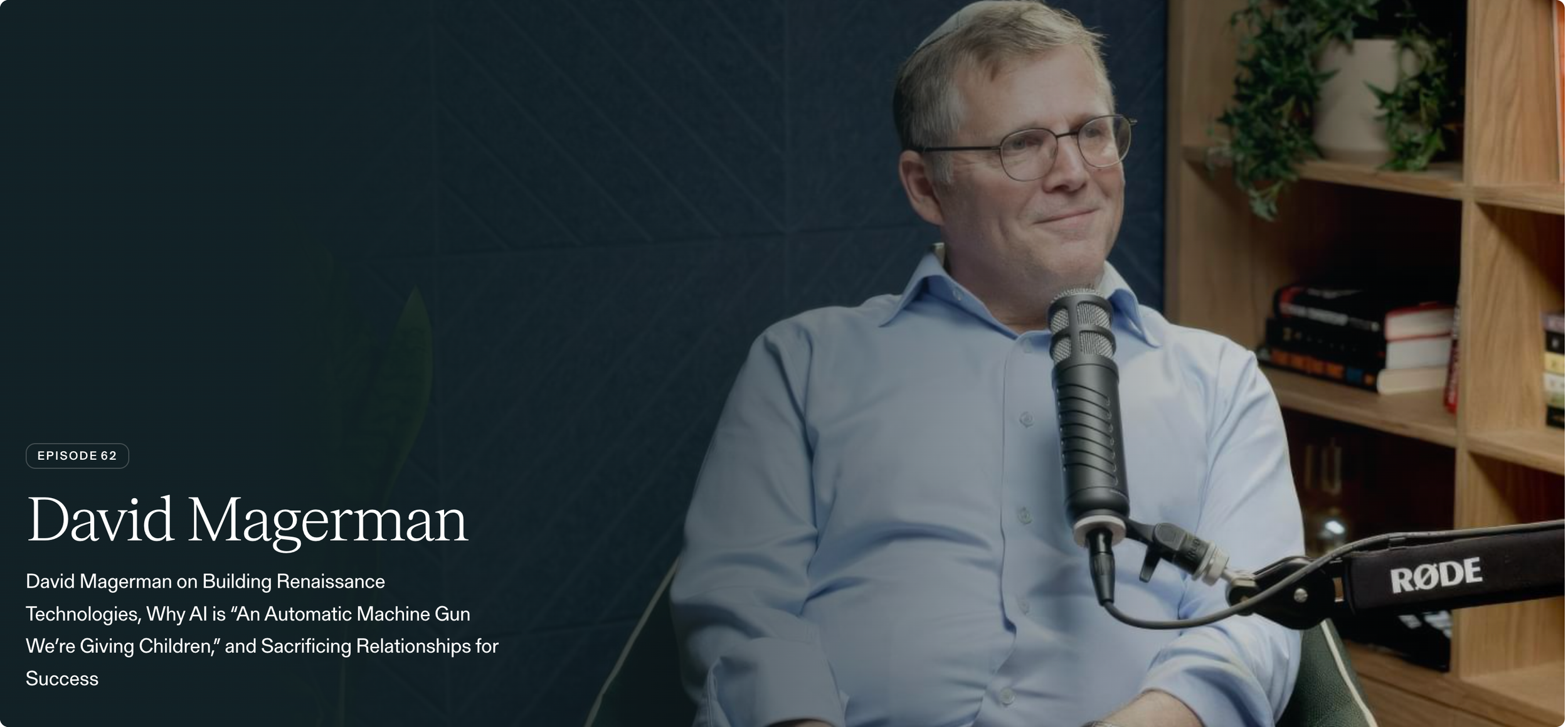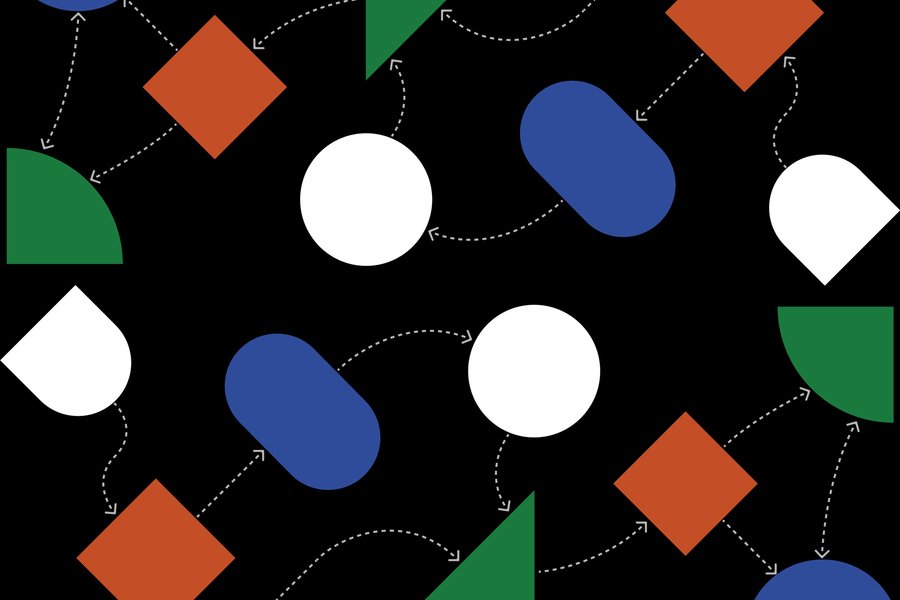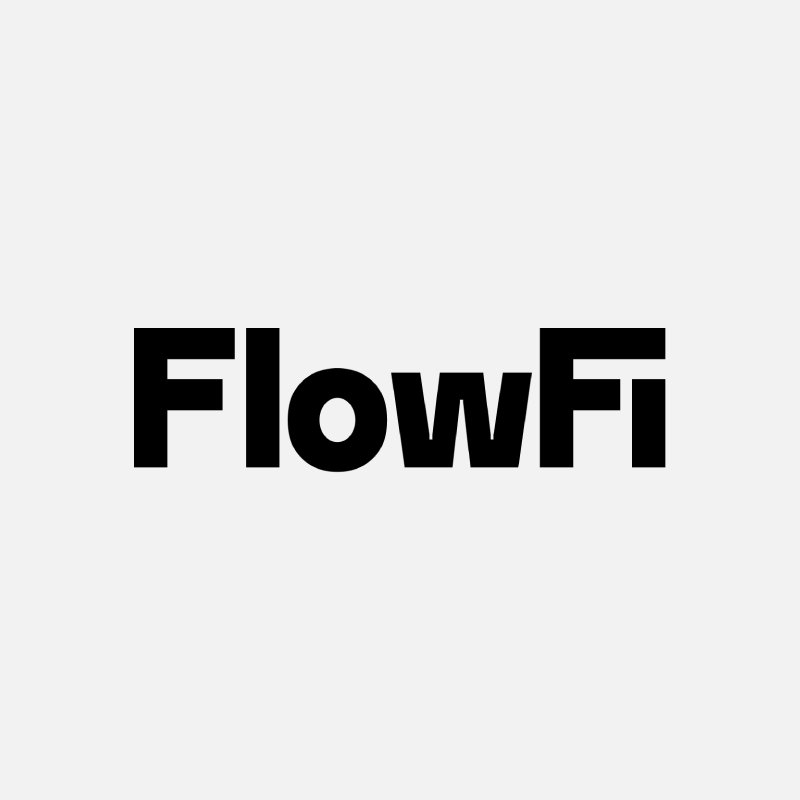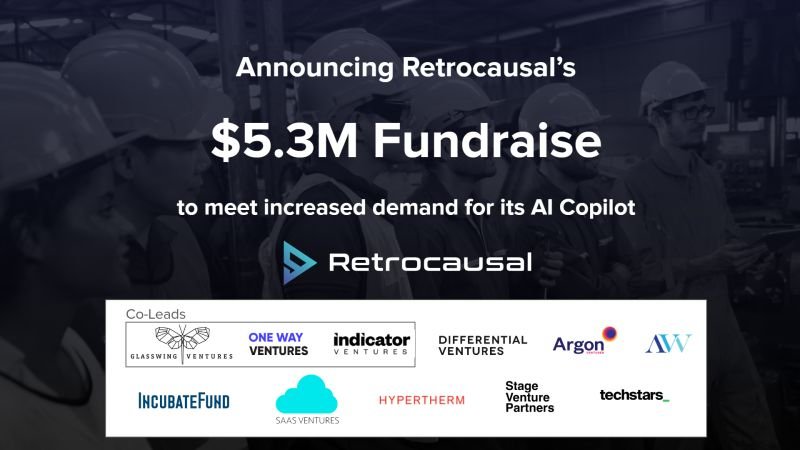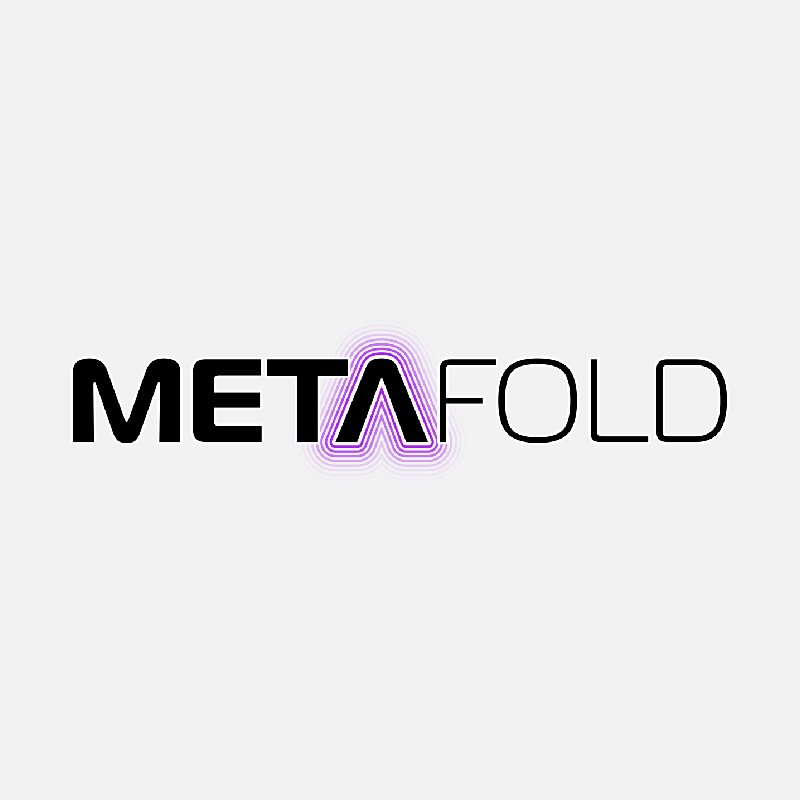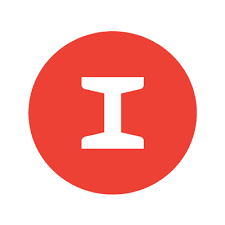Update from our COVID-19 Grant Recipients!
Almost exactly one year ago, we announced the first recipients of our COVID-19 Grant—a program distributing funds in the amount of $10,000-25,000 to startups shifting gears to combat the pandemic. Additionally, DVP partnered with Techstars’ Unite to Fight COVID-19 initiative, allowing us to provide grants to 20 different companies across America. With so many advances over the past 12 months in technology, science, and medicine helping to slow the spread, we are excited to share with you updates from some of our grant winners.
Our reasons for creating the grant program were many: to identify startups pivoting to help manage the consequences of the pandemic; to reward good behavior with non-dilutive grant money; and to provide financial support for those companies to counterbalance the financial struggles they might experience during the business disruption caused by COVID.
As for the first two goals, we feel as though the grants accomplished their purpose. As you can see below, we found many worthy grant recipients that redirected their efforts to create products and services that helped people around the world cope with the societal impact of COVID. And for many of those companies, the grant money we awarded was meaningful for helping them pursue their plans for creating that impact.
However, what we didn’t anticipate was the reality that, while COVID disrupted our lives and our modalities of working, for the kinds of information-technology focused companies to which we awarded grants, COVID didn’t cause widespread business disruption. It turned out that companies that make their living building IT-focused solutions were well-equipped to pivot quickly to WFH and Zoom sales and marketing strategies. Their quick adoption of alternative means to work and sell, combined with ample nearly worldwide government subsidies, data science companies dealt with COVID better than most, and in some cases, their core go-to-market strategies were accelerated by increased demand for their products and a high comfort-level with the new modality of transacting business.
So, we identified good citizens and rewarded good behavior with cash, but we probably didn’t save anyone from financial ruin. As Meatloaf famously sang, two out of three ain’t bad.
Here are the promised updates from the grant recipients:
hc1
hc1 COVID-19 efforts have been focused on the CV19 Lab Testing Dashboard™ powered by hc1®, the Local Risk Index, and hc1 Workforce Advisor, a back-to-work and back-to-school solution. Since the dashboard launch in April 2020, over 2500 users have registered for access. Additionally there has been a total overall results of 50,465,911Results Count - Viral and 4,744,480 Results Count - Antibody.
Overview & Significance of the CV19 Dashboard, Local Risk Index, and hc1 Workforce Advisor
The CV19 Lab Testing Dashboard originally launched at the start of April as a free resource for public health and healthcare policy and decision-makers who need hyper-local insights into COVID-19 testing rates, positivity rates, and risk of increasing viral activity. hc1 has updated the dashboard to include the Local Risk Index (LRI), which was released on April 17th. A clinical advisory team of epidemiological and healthcare experts advised hc1 in developing the LRI which delivers at-a-glance analysis of accelerating or decelerating COVID-19 infection rates by
county and Public Use Microdata Area (PUMA). The LRI works by comparing the Recent Percent Detected rate to baseline rates (the first 2 weeks of testing in the selected area.) Most other public health dashboards reflect “hotspots” based on the total number of COVID-19 cases over the entire multi-month period of the pandemic, not in the current week period.The dashboard provides local lab testing insights that include state, county, and sub-county views of Local Risk Index, COVID-19 viral and antibody testing rates and results, and key demographic filters for those tested (age, gender). A Version 3.0 update of the dashboard launched June 5, includes a side-by-side view of viral and antibody testing and updated reporting on local risk. With this data, hc1 was able to create hc1 Workforce Advisor™. A tool to help employers and universities bring their staff, students, and other clients back with confidence. hc1 Workforce Advisor takes a systematic approach to institute custom return-to-work and stay-at-work guidelines. Workforce Advisor’s hc1 CV19 Command Center™ and hc1 CV19 Digital ID™ offer automated, secure, real-time test results, in addition to, reported symptoms, location and community risks all in a flexible, configurable, extensible platform to accommodate any workforce protocols. The system is purpose-built for privacy and security and includes customizable, automated email alerts and push notifications.
Aanika Biosciences
At Aanika, we developed an open-source diagnostic test (The 1-hour Covid-19 Test) that leverages existing off-the-shelf components and combines them in a novel way that minimizes dependency on some of the test supplies that have gone scarce during the pandemic. The test takes an hour from swab to answer and so far appears to be more accurate than existing rapid tests. It was developed In partnership with scientists from academia, CDC, and community biolabs in an effort that spanned several continents. The test was named a semifinalist in the X-Prize for an inexpensive, fast diagnostic for Covid-19. The protocol was made public and available to the world at the end of 2020 on the protocols.io site, and our results have been submitted for publication to the Journal of Biomolecular Techniques. Subsequently we were approached by IVDiagnostics, a company with innovative diagnostic technology and a global network of clinical laboratories, who have agreed to adapt the test to their own proprietary system and obtain Emergency Use Authorization from the FDA. We pioneered a new type of licence that grants IVDiagnostics commercial rights to their adaptation of the test while permitting anyone to use the original protocol for at-cost or not-for-profit testing. This arrangement ensures the widest use of the test, especially in low-resource settings around the world.
Public Democracy
The grant was transformational for Public Democracy, keeping us going through a hard time. Ultimately, it allowed us to achieve breakthroughs in inclusive clinical trial recruitment and complete work to tool development that paid very large dividends over the past year. We applied the process DVP supported to recruit the first fully-representative large-population clinical trials, which were published in CDC’s journal and the Lancet. That work got the attention of voter protection groups, and we executed BLM’s digital GOTV program in the general election, as well as Stacey Abram’s digital voter protection and election trust program during the GA run-off. At the same time, we were expanding out our work on vaccine awareness and partnered with Kaiser on a program to better understand and reduce vaccine hesitancy. Back in January, we were the first group to identify the determinative impact of age-eligibility criteria on racial vaccination rates and that hesitancy was much more pronounced in certain white subsets than BIPOC communities. We also worked with the White House to apply those lessons into the national shift in eligibility criteria that the President announced in March. As a B Corp, we exist to create positive change, and each of those meaningful outcomes traces directly back to that investment DVP made and the faith showed in our approach. So thank you!
LEDR Technologies
LEDR Technologies worked with Georgetown University in 2 primary ways to combat the COVID-19 pandemic. LEDR helped Georgetown build a symptom tracker website for their medical center so that their doctors could remotely monitor their patients in a privacy-assured way. They also co-developed a method for anonymous contact tracing that did not require any personal information, bluetooth, or GPS data. Georgetown filed a patent application for this unique method, as well.
Allevi
At Allevi we realized that our printers are able to address a current problem in preclinical testing as it relates to COVID-19; translating 2-dimensional therapeutic models and assays into the 3D space. We took our previous experience in developing organoid models and have been optimizing these organoids using bioprinting methods to work towards creating a 3D lung organoid model composed of human cells which can be used for therapeutic screens. By doing so we hope to give researchers a more accurate approximation of real human tissue so they can generate more relevant data soon.
CareAcademy
One year after receiving the Differential Ventures grant, CareAcademy continues to generate content to quell the confusion of the pandemic and educate the industry. Still driven by the unbalanced equation of the direct care worker shortage and national unemployment, CareAcademy is exploring methods and means of recruitment and retention for the direct care workforce. After CaregiverCon 2020 in October of 2020, CareAcademy had nearly 400 learners achieve certificates and began employer-employee matching. Most recently, CareAcademy released a class to combat misinformation about the covid vaccine and hosted a webinar with a panel of industry experts to share their methods of encouraging peers and employees to understand the veracity of vaccination. That webinar generated over 1100 registrants and nearly 500 attendees. With big plans on the horizon for caregiver career enablement and education, CareAcademy recommends staying tuned for a big announcement this spring.
MolecularMatch
MolecularMatch is a Google-style search engine for cancer patients that matches each patient with the best therapeutic and clinical trial options to meet each patient’s genomic and clinical profile, along with the literature and publications that provide backup evidence for the resulting therapeutic guidance. We import data from over 50 different global sources, including structured and unstructured data from clinical trials in over 100 countries, and employ an AI-based curation engine to continuously update the knowledgebase that powers our search.
For COVID-19, we shifted gears and focused on clinical trials for COVID-19 to help researchers, caregivers and patients locate publications, technical literature, and clinical trials closest. It’s hard for us to track unique visitors to our free COVID Portal, but we appear to have had about 1,000 users search for clinical trials using MolecularMatch. We don’t have feedback as to how many people actually got enrolled as a result, but we hope we made, and are continuing to make a difference.
This month, we will be upgrading our free COVID search portal to the latest version of the MolecularMatch search engine (v5), which is currently being used by customers such as Roche to power their NAVIFY molecular tumor board.
Wellsheet
In 2020, Wellsheet deployed to 5 new hospitals within RWJBarnabas Health as well as their outpatient environment, and went live at both PennMedicine and OSF HealthCare, our first two Epic clients. Active users tripled across Wellsheet's clients in some part due to usage of Wellsheet quite significantly in order to provide visibility to COVID-19 patient status, especially at Concord Hospital.
Wellsheet has also expanded to provide a solution that extends across multiple source systems (multiple EHRs, HIE/Payer systems etc.), a unique value proposition. In addition to providing a new business opportunity for selling to payers, this will build the case that Wellsheet is an essential technology to breaking down the information silos that exist in healthcare. Other provider clients that utilize different EHR systems in different settings, like RWJBarnabas Health, also represent opportunities for Wellsheet to extend across platforms and unify data sources. This helps eliminate the significant blind spots in patient history with which clinicians typically make treatment decisions and is a boon to the quality of care providers are patients both in and out of a pandemic.
DrugBank
DrugBank is the world’s most comprehensive and structured pharmaceutical knowledge database. It comprises both approved and experimental drug information to advance scientific research.
With Differential Venture’s COVID-19 grant, we added new pertinent datasets and built a COVID-19 dashboard to help scientists and medical professionals further the discovery of COVID-19 treatments. As a pharmaceutical reference tool, the dashboard summarized and categorized key items such as novel therapies being investigated worldwide, particular drug target discoveries, and phase 3 trials that may impact ongoing COVID-19 studies.
Since launch, the dashboard has been accessed over 75,000 times and DrugBank has been referenced in more than 1,800 COVID-19 research articles.
Accrete
At Accrete, we are happy to share that we used the grant to help fund the development of an AI application for a major non profit. Our AI application identifies prime candidates for convalescent plasma donations from social chatter. In particular, the AI continuously scours social narratives on platforms like Twitter for people that either tested positive for antibodies or had recovered from Covid-19 and parses candidates by location, demographic and elapsed time.
Unfortunately, our AI application wasn’t pushed into production due to recent findings that show inconclusive results for convalescent plasma treatment. The inconclusive findings pertaining to the efficacy of convalescent plasma treatments changed the non-profit’s overall plasma strategy. However, we are working with the non-profit to apply our AI software to help improve the success platelet collection, blood drives, and emergency response to natural disasters.

